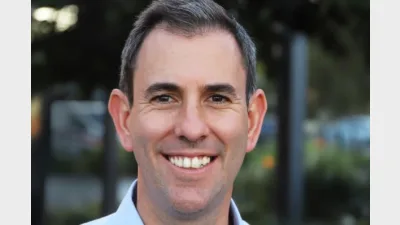Super exits pressure providers
The Australian Prudential Regulation Authority (APRA) has acknowledged that the number of trustee entities exiting the industry because they have decided not to pursue a Registrable Superannuation Entity (RSE) licence has placed stress on the major accounting and advisory firms helping them undertake the process.
APRA general manager, superannuation licensing, Tony Randle outlined to the Conference of Major Superannuation Fund the processes that needed to be followed before June 30 by those trustee entities that had opted not to pursue a licence.
“We are already seeing some stress placed on the professional firms that are doing diligence, valuations or final audits,” Randle said. “Trustees that are exiting need to ensure they have made arrangements with their administrators, actuaries and auditors so that the availability of professional services does not act as a roadblock.”
He said that, at this stage, he expected most of the work with respect to exiting funds to be completed ahead of the June 30 deadline, especially in regard to sale of assets, determination of member balances and reporting, and suggested it might be possible for limited residual issues to be handled by the incoming trustee where a successor fund route is chosen.
“The most important point, however, is that in any case no contributions can be received if the trustee is either unlicensed or the fund unregistered after June 30, 2006,” Randle said.
“In those, hopefully rare, circumstances where the exiting trustee has failed in its obligations to its members, APRA will appoint acting trustees post-June 30 to wind-up the fund and transfer members out. I would like to reiterate that APRA has no discretion to extend the June 30 statutory deadline.”
Recommended for you
Following the roundtable, the Treasurer said the government plans to review the superannuation performance test, stressing that the review does not signal its abolition.
The Australian Prudential Regulation Authority (APRA) has placed superannuation front and centre in its 2025-26 corporate plan, signalling a period of intensified scrutiny over fund expenditure, governance and member outcomes.
Australian Retirement Trust (ART) has become a substantial shareholder in Tabcorp, taking a stake of just over 5 per cent in the gaming and wagering company.
AustralianSuper CEO Paul Schroder has said the fund will stay globally diversified but could tip more money into Australia if governments speed up decisions and provide clearer, long-term settings – warning any mandated local investment quota would be “a disaster”.











